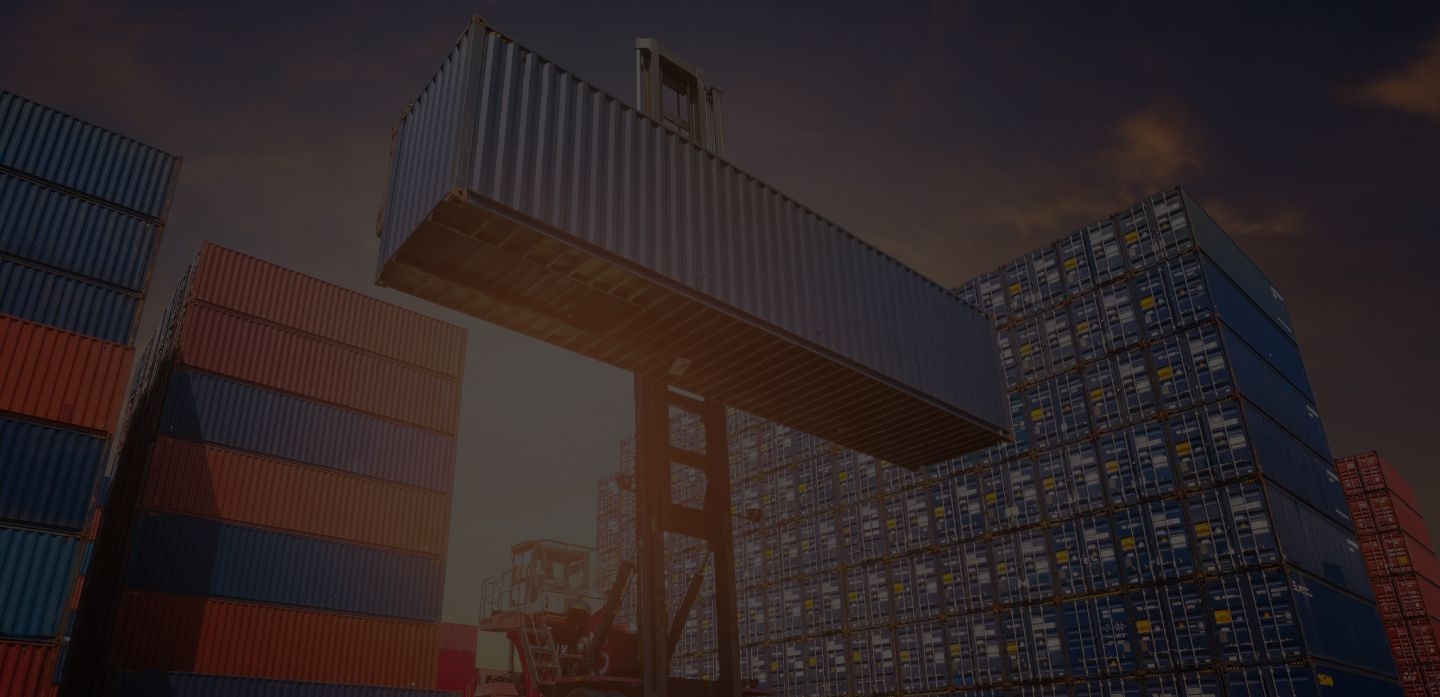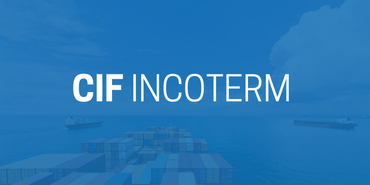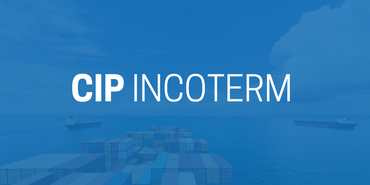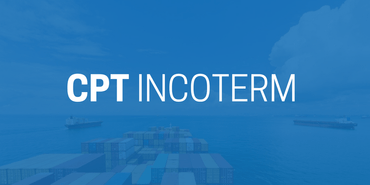
Definition of the CFR Incoterm (Cost and Freight)



![]()
The CFR Incoterm applies exclusively to maritime or inland waterway transport and remains unchanged in the Incoterms 2020. Under this term, the seller bears the costs up to the destination port, but the risk transfers to the buyer once the goods are loaded on board the ship at the port of origin.
Key difference from CIF: Unlike the CIF Incoterm, the seller is not obligated to provide insurance under CFR, making it a preferred choice for buyers who wish to handle their own insurance coverage.
Seller's Obligations (CFR)
- Delivery of the goods and commercial documentation
- Proper packaging and preparation
- Inland transport in the country of origin
- Export customs clearance
- Port charges at origin
- Booking and payment of international sea freight up to the destination port
Buyer's Obligations (CFR)
- Payment for the goods as per the contract
- Port charges at destination (unloading, handling, fees)
- Import customs clearance
- Payment of duties, VAT, and other taxes
- Inland transport to the final destination
Insurance under CFR Terms
Insurance is not mandatory under CFR. However, it is strongly recommended that the parties agree to insure the cargo during the transport. Common options include:
- The buyer contracts a comprehensive policy covering the journey from origin to final delivery
- Each party insures the leg of transport corresponding to their responsibility (up to or from the point of risk transfer)
In any case, it is advisable to clearly specify the insurance terms in the international sales contract to avoid conflicts in case of loss or damage.
Why is CFR Not Suitable for Containerized Cargo?
- Risk transfers once the goods are loaded on board the vessel
- With containers, goods are often delivered to the terminal days before loading, leaving the seller without visibility or control over potential damage
- This creates a gray area of responsibility, where it’s unclear whether the damage occurred before or after the risk transfer
Therefore, CFR is best suited for bulk or conventional cargo, where the seller has direct access to the vessel. For container shipments, using CIP or FCA is more appropriate as they allow for clearer allocation of responsibilities.
Sources and References
- ICC – International Chamber of Commerce: Incoterms® 2020 Rules
Official explanation of Incoterms® 2020, including CFR responsibilities and risk transfer points. - International Trade Administration (USA): Know Your Incoterms
U.S. government guide outlining key Incoterms, including CFR, and when to use them. - Trade Finance Global: CFR – Cost and Freight (Incoterms® 2020)
Comprehensive breakdown of the CFR Incoterm with examples and comparisons to CIF. - IncoDocs: Incoterms® 2020 Explained – The Complete Guide
Visual and detailed article explaining CFR’s cost structure, risk transfer, and limitations with containerized cargo. - ICC Academy: Incoterms® 2020 – CIP or CIF? Understanding Risk
Though focused on insurance terms, this article helps explain the difference in seller obligations, including when CFR is used.
Related Articles


